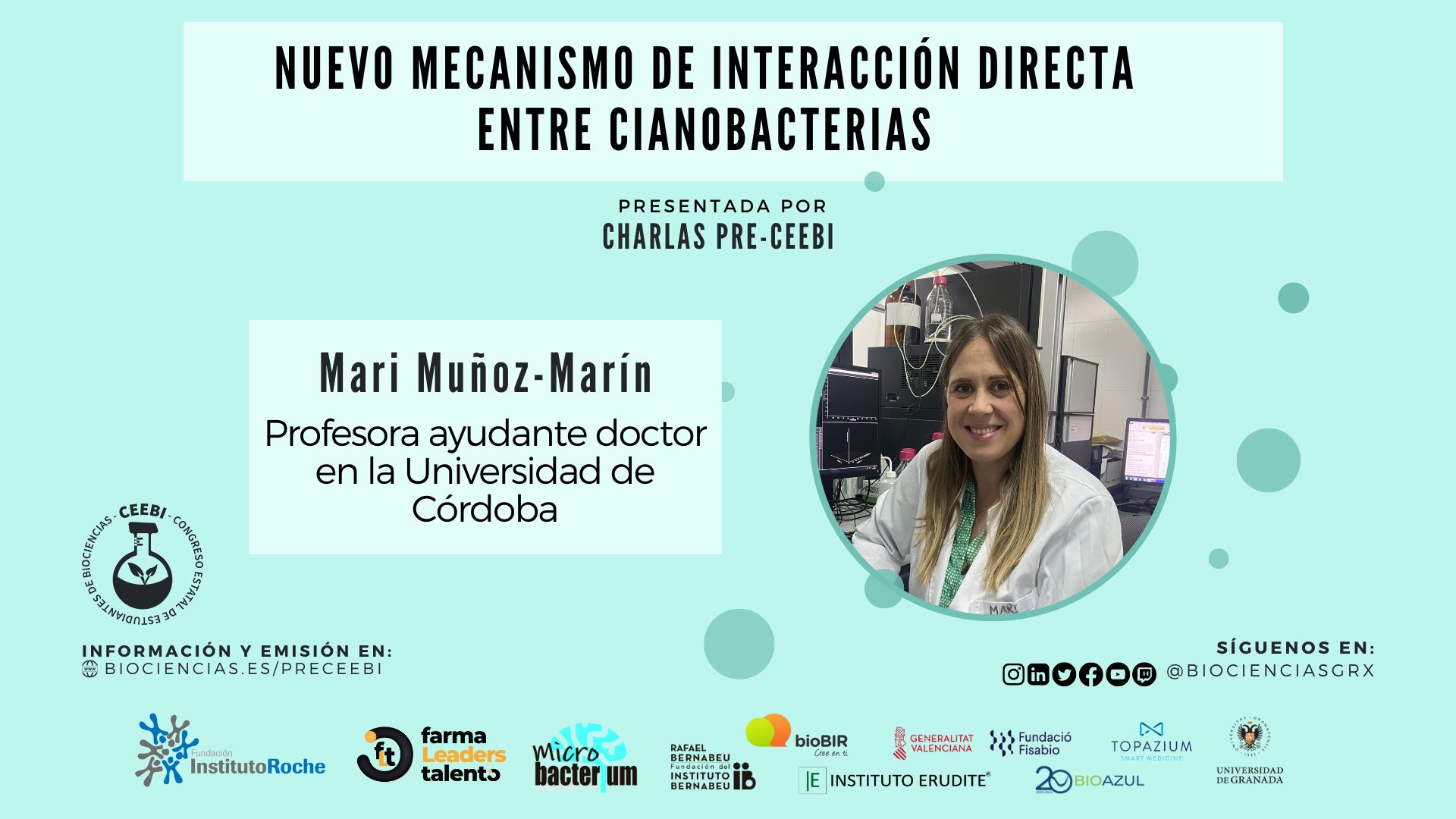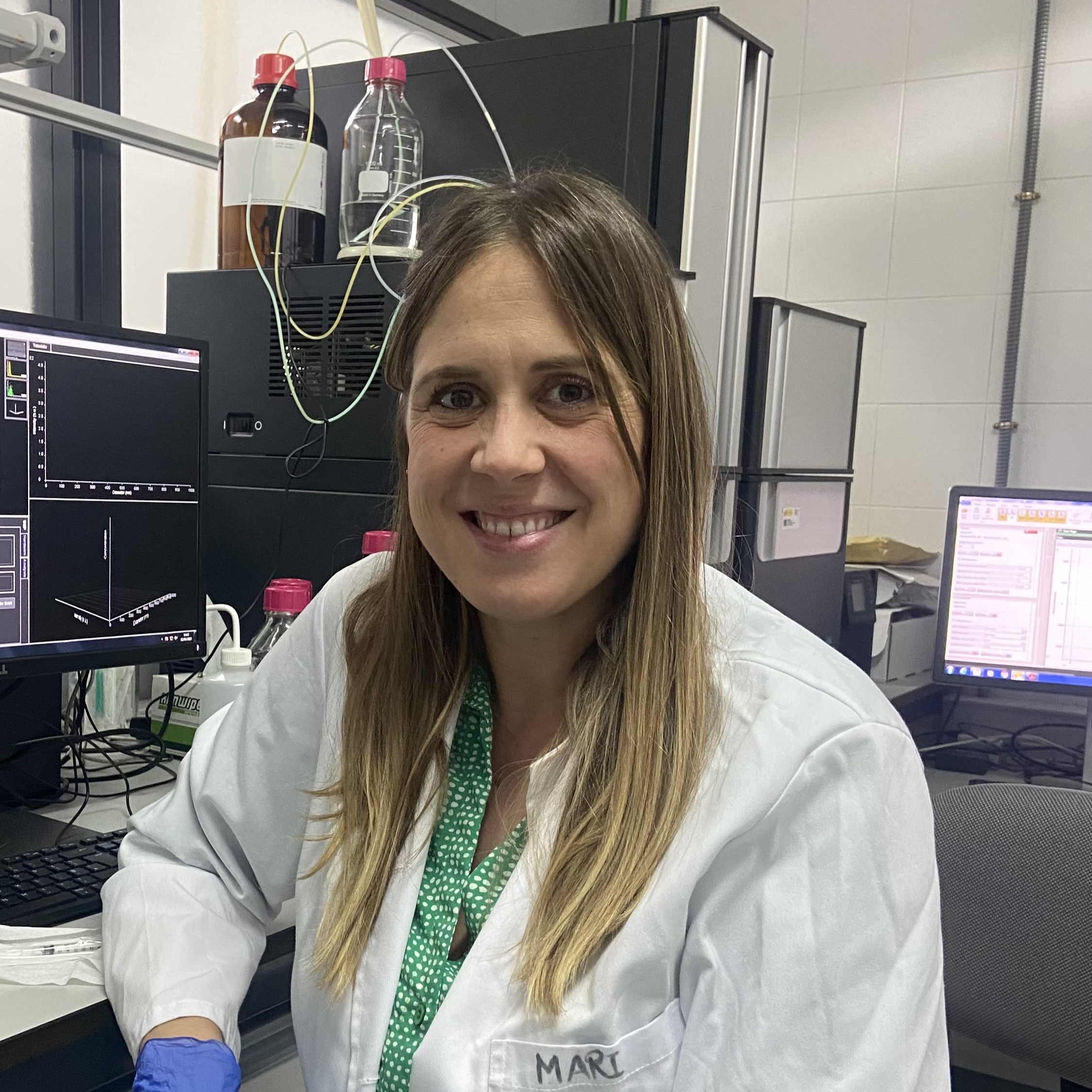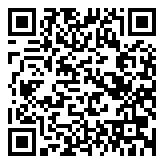Charlas Pre-CEEBI | Mari Muñoz-Marin

Programación horaria
11 de Mayo de 2023
- 17:00 - 18:00
- Nuevo mecanismo de interacción directa entre cianobacterias
- Numerosas asociaciones e interacciones microbianas impulsan y regulan los flujos de nutrientes en el océano. Las interacciones simbióticas son el mejor ejemplo y son motores clave de la diversificación ecológica y la innovación evolutiva en la Tierra. Sin embargo, también existen otros tipos de interacciones entre bacterias de vida libre (como las cianobacterias Prochlorococcus y Synechococcus); por ejemplo, la absorción de metabolitos, la transferencia horizontal de genes (HGT), la señalización de quórum, las vesículas extracelulares que transportan moléculas a otras células o incluso a través de pili. Aquí mostramos un nuevo mecanismo de interacción directa entre cianobacterias marinas, los nanotubos de membrana intercelular. Nuestro grupo ha demostrado el intercambio de material citoplasmático mediado por nanotubos entre células vecinas y distantes de cianobacterias del mismo género y entre distintos géneros. Hemos observado y analizado estas estructuras en cultivos (axénicos y no axénicos) y en muestras naturales. Por último, hemos estudiado los genes que podrían estar implicados en la producción de nanotubos. El descubrimiento de nanotubos que actúan como puentes de intercambio en los organismos fotosintéticos más abundantes del océano tiene importantes implicaciones para las interacciones microbianas marinas. La transferencia directa de compuestos en zonas con escaso nivel de nutrientes entre estas diminutas bacterias podría ser un factor importante de su éxito ecológico en los océanos.
-
Ponentes
Mari Muñoz-Marin

Ponente
-
 Mari Muñoz-MarinProfesor Ayudante Doctor
Mari Muñoz-MarinProfesor Ayudante DoctorDegree in Biochemistry (2003-2008) at the University of Córdoba, Spain. I began my scientific career in 2004 as an undergraduate student at the Department of Biochemistry and Molecular Biology in the Faculty of Veterinary Medicine of the University of Córdoba. I did a Ph.D. with International Mention in the same Department (2009-2013). During my Ph.D. I made several stays: one at the National Oceanography Centre in Southampton (United Kingdom) for three months with the objective to study new techniques related to the Oceanography; an oceanographic cruise for two months in the Atlantic Ocean and finally 11 months at the Institute of Vegetal Biochemistry and Photosynthesis in Seville (IBVF). Thanks to these collaborations, I published the article “Prochlorococcus can use the Pro1404 transporter to take up glucose at nanomolar concentrations in the Atlantic Ocean” in one of the most prestigious international journals, Proceedings of the National Academy of Sciences of the USA (PNAS), in 2013. This article received an F1000 Prime Recommendation, and moreover, I got the research prize “Jacobo Cárdenas Torres 2014-2015” at the University of Córdoba. One month after I defended my Ph.D., I got the Individual Marie Curie International Outgoing Fellowship (IOF) to start a postdoc in Marine Microbiology at the University of Santa Cruz (California), under the supervision of Prof. J. Zehr, for two and a half years. During this period, I made several stays in other institutions in United States and I published four articles categorized in the first quartile and one in the first decile. Moreover, two of them as a corresponding author. The Marie Curie Fellowship gave me the opportunity to come back to the University of Córdoba for one year more to take advantage of the knowledge learned during my postdoc. One year later, I got another Individual Marie Curie Fellowship (RI), opening a novel research line on marine vesicles in Synechococcus. These European projects helped me gaining experience in the leadership and management of projects. I also promoted new international collaborations with Dr. S. Biller and Prof. S.W. Chisholm (Massachusetts Institute of Technology), where I was working for 2 months learning experimental approaches to study marine vesicles. Last year I got two projects as Principal Investigator working in my new line of research in marine vesicles and I started to work as an Assistant Professor at the University of Córdoba (temporal contract). Furthermore, I have mentored final projects of Master and Degree students since 2012, reviewed an International PhD and I started to mentor my first PhD student working in my new line “Interactions between cyanobacteria mediated by vesicles and nanotubes”. From 2009 I am also carrying out outreach activities, organizing and attending to national and international conferences and I wrote 9 book chapters. Since 2017, I participate in the Multilingualism Plan in the University of Córdoba, teaching Biochemistry in English in the degrees of Veterinary Medicine and Food Science and Technology and attending innovative teacher training. Recently, I have been awarded with the I3 distinction from the Spanish Ministry of Universities.


